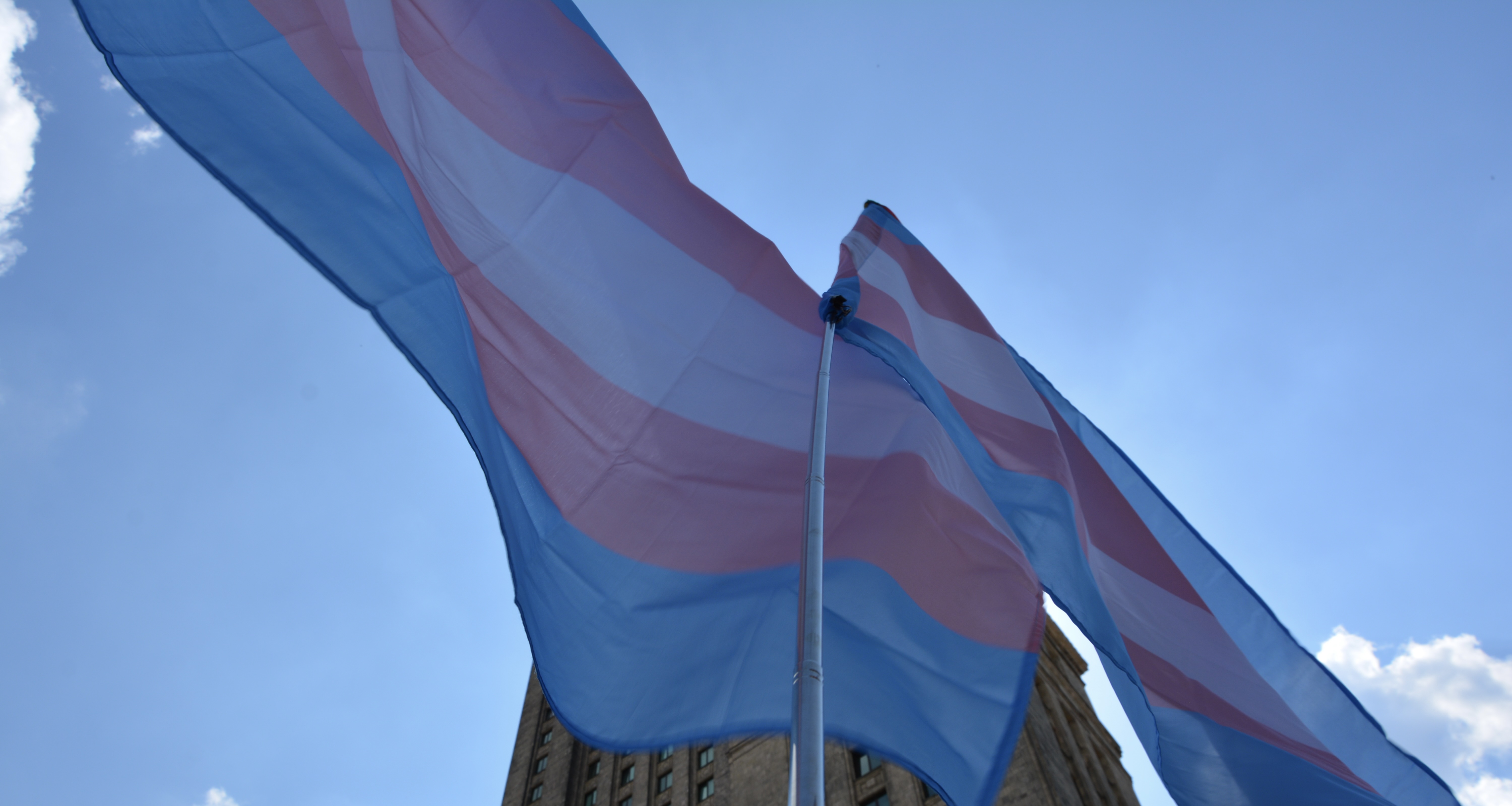Hormone therapy reduces depression and suicide among trans youth, study finds
"Banning this vital care and exposing young people to harmful political rhetoric can cause real harm."

Words: Alastair James; pictures: Wiki
An American study has found there is a strong link between people using gender-affirming hormone therapy (GAHT) and a decreased risk of depression, suicide, and suicidal ideation.
Among transgender and non-binary youth aged 13-17, there was a 40 percent drop in depression, suicide, and suicide ideation if they were on gender-affirming hormone therapy.
Published in the Journal of Adolescent Health, the study by The Trevor Project found that there were also strong links between those on hormone therapy and the support they had from family.
“Exposing young people to harmful political rhetoric can cause real harm”
In a statement the Trevor Project’s CEO, Amit Paley says: “It’s clear that gender-affirming care has the potential to reduce rates of depression and suicide attempts while banning this vital care and exposing young people to harmful political rhetoric can cause real harm.
“It’s critical that all transgender and nonbinary youth across the country have access to medical care that is affirming, patient-centered, and evidence-based.”
More than 9,000 people who identified as trans and non-binary provided data about GAHT when they took part in the survey carried out between October and December 2020. Around half of transgender and nonbinary respondents were not using GAHT but would like to, 36 percent weren’t interested and 14 percent were receiving GAHT.
There were lower rates of people accessing GAHT when they wanted it in the US South, which is where a majority of anti-trans bills have been introduced and/or passed in state legislatures.
📢 “This study comes at a critical time, as several states have been introducing unscientific legislation that would limit access to gender-affirming medical care for transgender youth, despite opposition from all major medical organizations” 📢https://t.co/TrkQ5FbuMN
— The Trevor Project (@TrevorProject) December 15, 2021
Trans women and trans men were better represented among those who received GAHT, while a greater proportion of nonbinary respondents reported wanting GAHT but not receiving it. White youth made up 68 percent of those accessing GAHT and 56 percent of those who wanted it. LGBTQ youth of color reporting lower rates of obtaining GAHT.
Nearly 80 percent of people receiving GAHT had at least one parent’s support for their gender identity, which rose to 94 percent of those aged 13–17.
Researchers have concluded that who receives GAHT is based not only on how they present, but on family support, geography, and their social identities. They argue that there needs to be a “focus on increasing awareness and education around gender-affirming care for parents as well as among healthcare providers and others” to support children.
In addition to their findings of a decrease in depression and suicide among those on GAHT, the study concludes that “existing evidence suggests that regret is low for gender-affirming care interventions,” pointing to a study finding that out of 55 trans adults, who had received gender-affirming care growing up, where not one person regretted it.

The researchers also conclude that more work is needed to build up a better picture and work out how to reduce disparities. However, it warns of the dangers of anti-trans legislation in limiting access to healthcare and harming the mental health of trans and non-binary communities.
“As such, efforts to address the mental health of transgender and nonbinary youth must also acknowledge and address the cumulative risk that antitransgender political statements and legislative efforts may have on their well-being,” the study closes on.
Dr. Amy Green, the Vice President of Research at The Trevor Project adds: “These data should serve as a call to action to resist blanket bans on gender-affirming medical care and to invest in more research on this topic so that youth and their families can make evidence-informed decisions regarding care.”
The Attitude 101 issue is out now to download and order globally. The Attitude 101 issue includes the FREE Attitude 2022 calendar, presented in association with Taimi.
Subscribe in print and get your first three issues for just £1 each, or digitally for just over £1.50 per issue.

